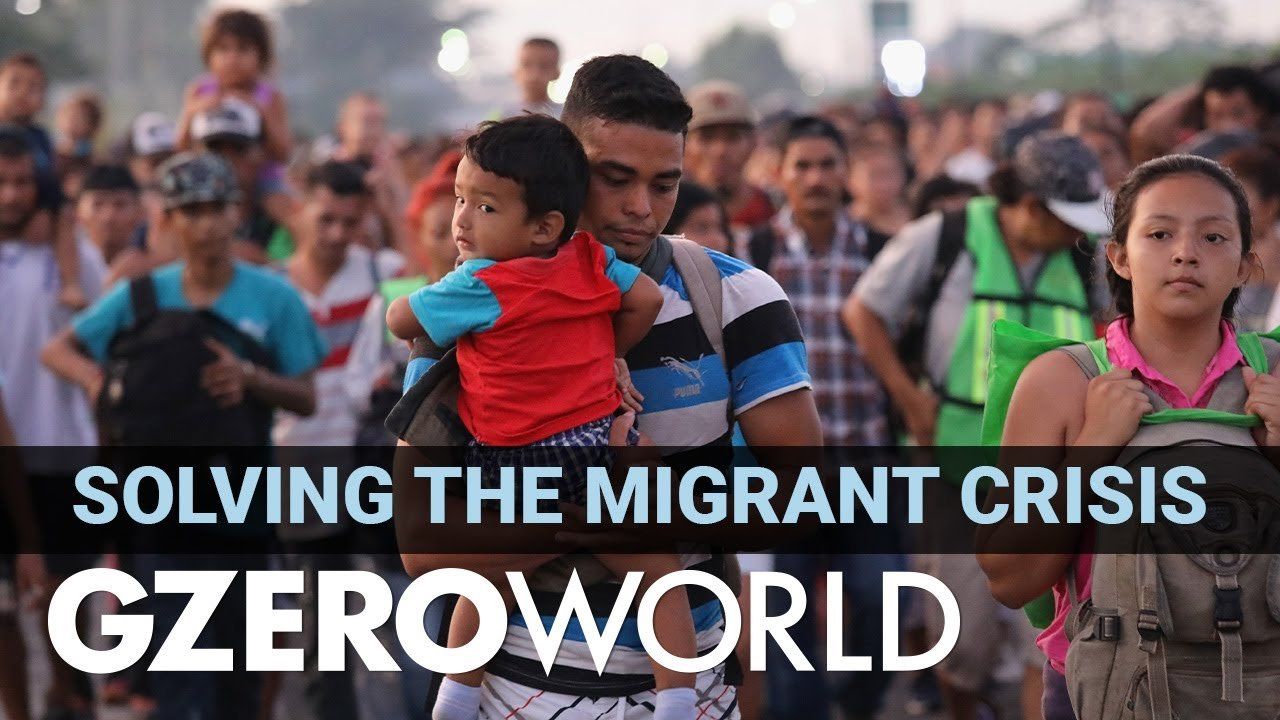
The recent tragedy of the migrant boat that sunk off the coast of Italy and killed 64 people raises an important question: are European leaders taking the right approach to prevent migrants from risking their lives in the first place? On GZERO World, Ian Bremmer and David Miliband, the President and CEO of the International Rescue Committee, discuss the complex and urgent nature of the migrant crisis and the need for effective solutions.
Miliband notes that migration is not just a European issue but a global one, with people “on the move more than ever before” due to persecution, war, and disaster. He emphasizes the need to “balance fairness with humanity” and “fulfill legal as well as moral obligations for people who have been driven from their homes.”
To address this challenge, Miliband outlines four key elements to fair, humane migration: fast processing of asylum claims, proper integration of those allowed to stay, addressing criminal elements that exploit the lack of legal migration routes, and creating legal routes for asylum-seekers and migrants to travel safely.
Miliband predicts that migration will be one of the biggest challenges for the rest of this century, as people in countries with a per capita income of less than $7,000 will continue to seek a better life elsewhere.
Watch the GZERO World episode: Challenge of survival/Problem of governance: Aid for Turkey & Syria
- The Graphic Truth: How many refugees does the US let in? ›
- No exit from Afghanistan ›
- Hard Numbers: UK-France migration deal, Amazon layoffs, Gabon's carbon credit mega-sale, North Korean crypto windfall, Lake's loss ›
- Europe plays the blame game over asylum-seekers ›
- The Graphic Truth: Migrants reach Italy by sea ›
- Swedish NATO bid caught in Erdoğan reelection effort - GZERO Media ›